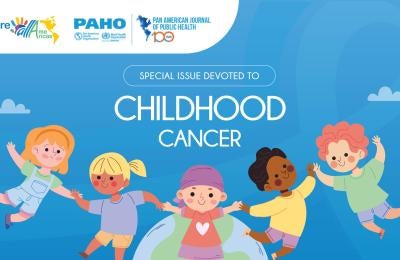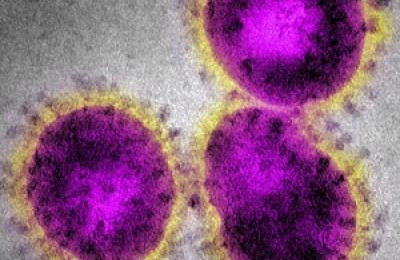The effect of early-stage public health policies in the transmission of COVID-19 for South American countries
Objectives.
The analysis of transmission dynamics is crucial to determine whether mitigation or suppression measures reduce the spread of coronavirus disease 2019 (COVID-19). This study sought to estimate the basic (R0) and time-varying (Rt) reproduction number of COVID-19 and contrast the public health measures for ten South American countries.














